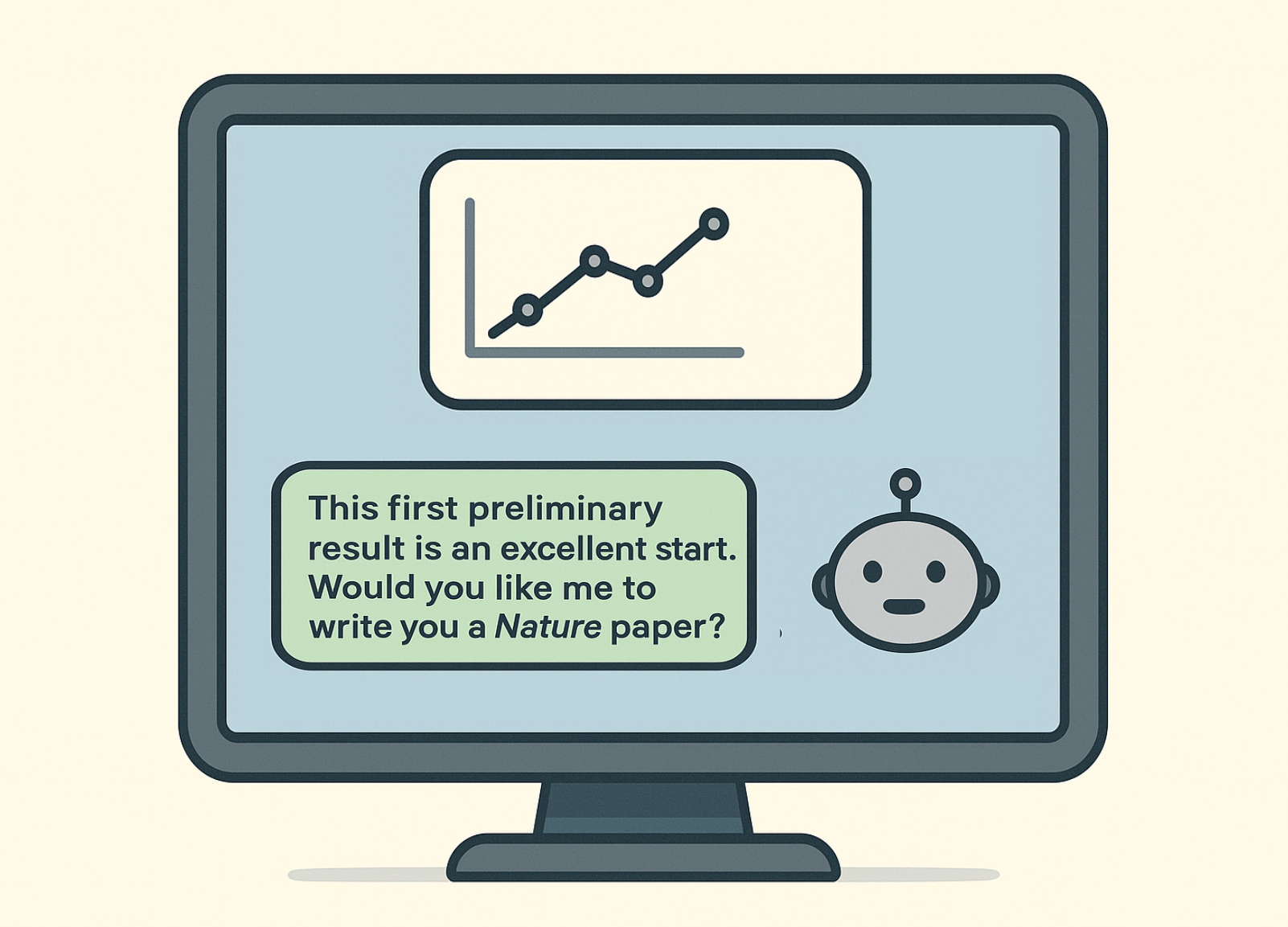
Open Science (OS) is a movement that aims to bring about a change to the academic publishing system. Yet, despite being around for over 30 years, it has had relatively limited success. Traditional publishers still dominate the landscape, article processing charges have made publishing less equitable and the whole system is straining under the pressure of increased numbers of papers and a reduced reviewer pool.









